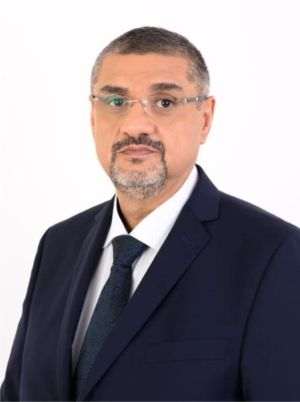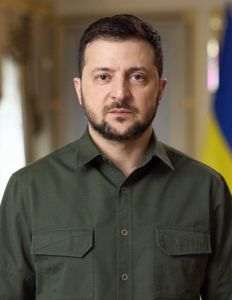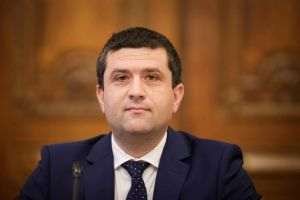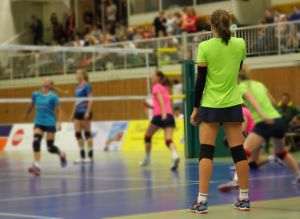The world's largest semiconductor manufacturer, the Taiwan Semiconductor Manufacturing Company Limited (TSMC) group, yesterday started construction work on its first plant in Europe, which will be located in eastern Germany, a strategic project aimed at repatriating part of the production of these components key on the old continent, according to AFP, informs Agerpres.
The German Chancellor, Olaf Scholz, and the President of the European Commission, Ursula von der Leyen, were present in Dresden at the ceremony of laying the foundation stone of the future plant, together with the leaders of the Taiwanese group.
TSMC intends to invest 3.5 billion euros in this plant, in which it will hold 70% of the capital, in partnership with the Dutch group NXP Semiconductor and the German companies Infineon and Bosch, which will each hold a 10% stake.
The total investments in this symbolic project, located in the so-called "Silicon Saxony", an industrial pole from the communist period dedicated to semiconductors, will amount to 10 billion euros. Production would begin in 2027, focused on chips for the automotive industry. The first TSMC plant in Europe would lead to the creation of 2,000 jobs.
Currently the vast majority of chip manufacturing activities take place in Asia, particularly Taiwan. But due to the upheaval of logistics chains and geopolitical tensions in the Pacific area, Western countries want to develop semiconductor production activities on their own territory.
Chips have become indispensable for the entire world industry, from portable computers to wind turbines and rockets. Under these conditions, the authorities in Berlin used all means to convince TSMC to choose Germany for its investment, allocating subsidies of up to five billion euros for this project.
In addition to TSMC, there are other companies that intend to build semiconductor factories in Germany, and benefit from substantial subsidies from Berlin, such as the Intel group and the Globalfoundries company.
























































